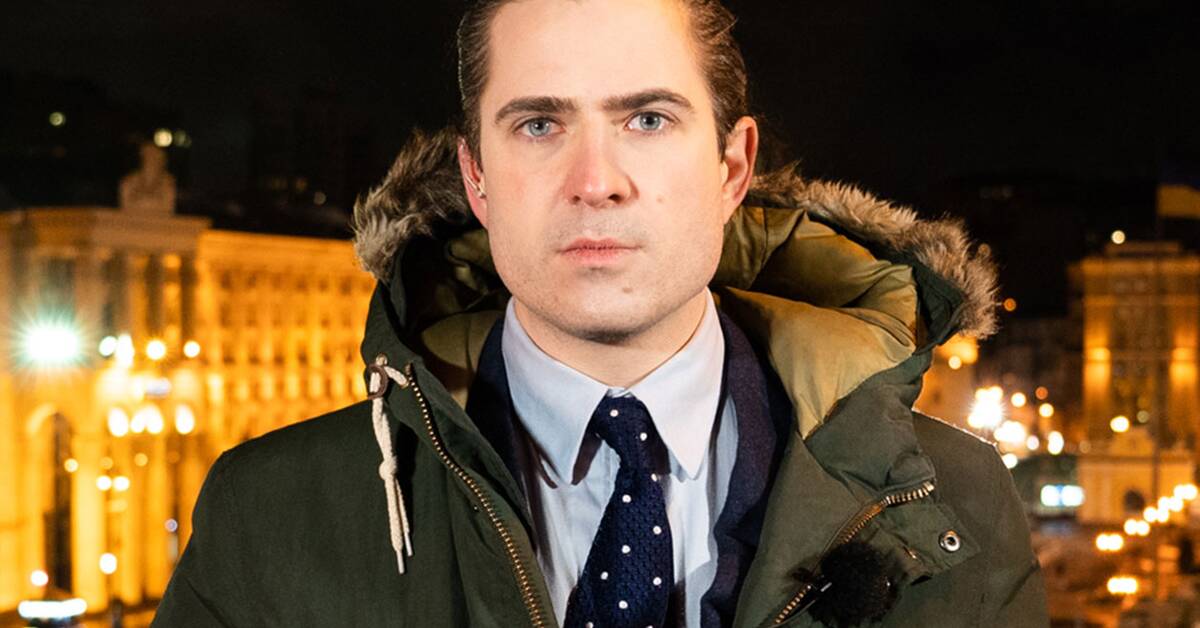When perhaps America's foremost horror writer died in October 1849, fate had more sad things in store for Edgar Allan Poe, even though he was dead.
In the newspaper you could read:
"By today's public, he is seen with wonder rather than admiration.
Many will be surprised by the news but left to mourn.
He had very few friends and was a friend to very few – if any.”
The one holding the pen was Rufus Griswold, Poe's rival and hardly the most benevolent reviewer.
A somewhat similar mood recently appeared on Igor Girkin's Telegram channel.
In 2014, he was the commander of Russian-controlled forces in Ukrainian Donetsk.
Girkin commented on the news that Russian mercenaries Wagner can no longer recruit prisoners as a threat to Wagner's cannon fodder strategy:
“I think the stoppage of recruitment was caused by 'orders from above'.
And (after some time) it will seriously affect Wagner's ability".
Girkin may well be right - there are many signs that rivals want to clip or replace Wagner, not least that the Ministry of Defense seems to have taken up prison recruitment instead.
But was it an unbiased analysis?
Influencers of war
Igor Girkin is an ex-officer in the Russian security service FSB, a staunch nationalist and in November convicted in absentia for the downing of the passenger plane MH17 in 2014. During the war, he has established himself as one of Russia's better-known "military bloggers".
The writers - with others known as "Rybar", "Grey Zone" and "War Gonzo" - want to be seen as war correspondents or military analysts, but are also a kind of war influencer.
Because Russian media is so controlled, many people turn to the blogs in the hope of a less controlled description of the world.
Which is partly true.
But just like influencers, bloggers have political ties, sponsored collaborations – and feuds.
Brutal Wagner PR
Girkin's niche is a sarcastic critique of Russia's warfare where he sighs at the designated dunces in the defense establishment.
And for Wagner - who, however, cuts back in the open.
Wagner boss Yevgeny Prigozhin has also become an increasingly public player with sly PR and raw gangster jargon (perhaps logical given his past as a raw gangster).
He, too, swings hard at traditional military institutions and talks up Wagner, while his henchmen frighten deserters with sledgehammer executions.
Seen as a useful servant
The two have thrown various unpleasantries at each other, which raises questions about Girkin's analytical coldness.
Worse for Prigozhin is that other knowledgeable assessors point out his star as declining.
He has recently lost a power struggle against the traditional military and a growing number of ambitious war startups appear poised to compete.
In addition, Prigozhin may have gaped too much with his public visibility.
From the perspective of power, he is a useful servant, not an equal.
For someone who, like Prigozhin, produces enemies on an assembly line, it is a dangerous position.
In the corridors of the Kremlin lurks dangers with their own sledgehammers.
Sweden's former defense minister Peter Hultqvist (S) wants to label Wagner a terrorist and risks getting what he wants in time for its funeral.
Things have gotten so bad that Prigozhin himself now admits that Wagner is weakening.
That said, it is too early to completely count Prigozhin out.
Wagner is still there on the battlefield, albeit in increasingly sparse numbers.
Obituaries drawn by rivals should be taken with a grain of salt.
This applies to both Wagner and Edgar Allan Poe.

